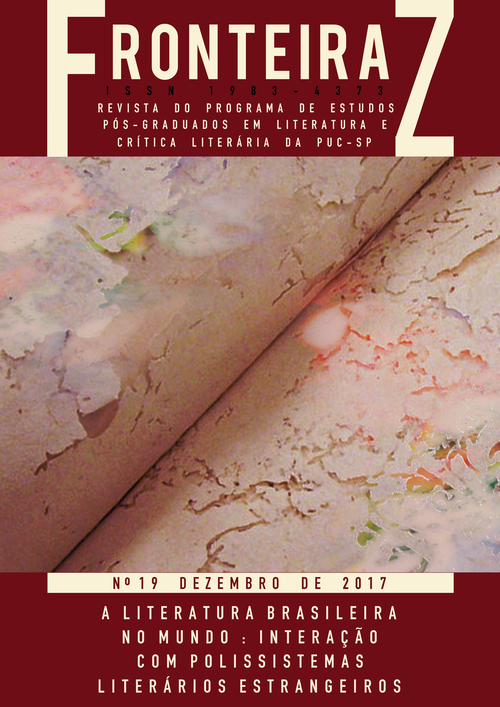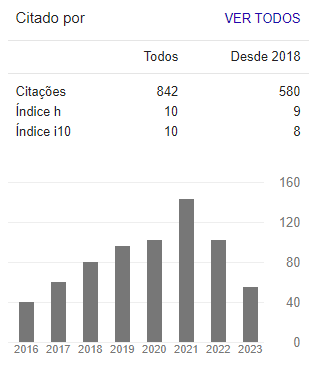The disobedient translation by poet Douglas Diegues
DOI:
https://doi.org/10.23925/1983-4373.2017i19p130-145Keywords:
Tradução, Transcriação, Douglas Diegues, PortunholAbstract
This article seeks to expand the notion of translation based on the theories of Walter Benjamin, Haroldo de Campos, Néstor García Canclini and John Milton. From this expanded concept of translation, approaching it to cultural criticism, it also seeks to analyse the work of Douglas Diegues, whose poetry is carefully composed and grounded on the concept of creative translation. The Brazilian poet writes in wild Portunhol (a mixture of Portuguese, Spanish and Guarani), a disobedient literary language that functions as a bridge which brings together diverse cultures that coexist in Latin America; a poetic narrative culminating in the translation of canonical works into a wild Portunhol, a practice he has baptized as “transliteration”, thus composing a rhetorical and subjective dialogue codified in a frontier language.







 Este obra está licenciada com uma Licença
Este obra está licenciada com uma Licença 